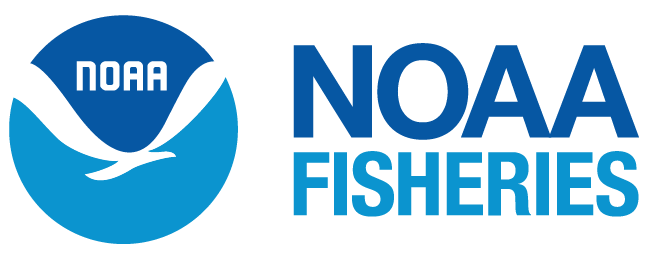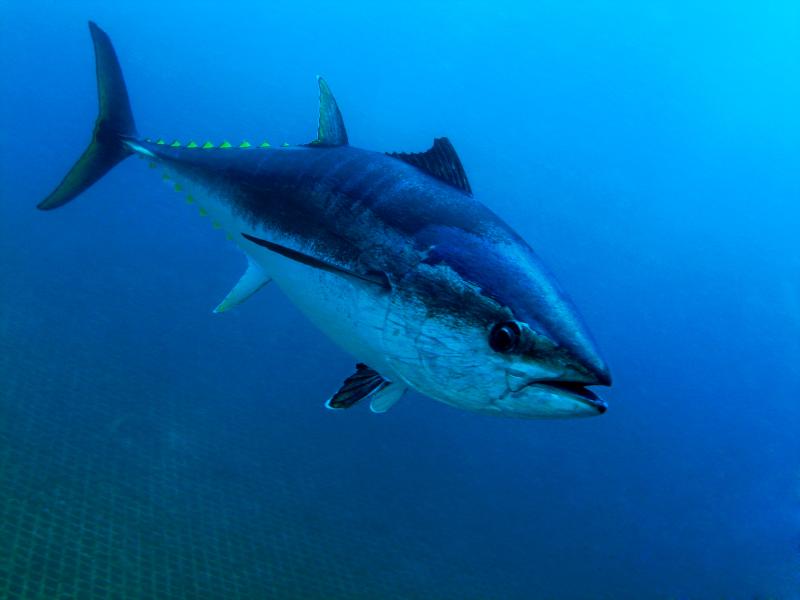September 08, 2022
The funding will support 13 innovative bycatch reduction research projects.
Close-up of an Atlantic bluefin tuna.
NOAA Fisheries has awarded $2.3 million to partners around the country to support 13 research projects through its Bycatch Reduction Engineering Program.
Bycatch is catch—of fish, marine mammals, or turtles—that fishermen do not want, cannot sell, or are not allowed to keep. It can have significant biological, economic, and social impacts. Preventing and reducing bycatch is a shared goal of fisheries managers, the fishing industry, and the environmental community.
Working side by side with fishermen on their boats, we’ve developed solutions to some of the top bycatch challenges facing our nation’s fisheries.
Read brief descriptions of the selected projects
Examples of past projects include:
-
Development of a ropeless, remotely deployed lobster trap system to reduce whale entanglements and enable the New England trap fishing industry to remain open
-
Investigation of artificial baits to reduce bycatch of protected species, including oceanic whitetip sharks, while maintaining target catch rates of tuna and swordfish in Hawai’i
2022 Bycatch Funding Recipients by Region
Northeast
- Sea Mammal Education Learning Technology Society: $199,824
- Cormac Hondros-McCarthy: $211,290
- Cornell Cooperative Extension of Suffolk County: $205,240
- University of Maine: $210,822
- Ocean Associates Incorporated: $199,154
Southeast
- Florida Atlantic University: $197,595
- Arizona State University: $149,000
West Coast
- Sub Sea Sonics, LLC: $199,584
- Pacific States Marine Fisheries Commission: $166,986
- Dylan Diefendorf: $193,295
- University of California, Santa Cruz: $133,720
Alaska
- FishNext Research, LLC: $139,641
Pacific Islands
- Wildlife Computers, Inc.: $81,967






